chartres
2024
May 18th, 19th and 20th 2024
Every year, registrations start on Palm Sunday. For the ‘Étrangers’ (Foreigners) chapters, registrations are managed directly through local chapter leaders.
What includes the registration?
Your registration helps financing the organisation of the pilgrimage.
Concretely, you receive a bracelet that you must wear all pilgrimage long. It allows you to benefit from all services (Water, medical assistance from the Order of Malta, shuttles for exhausted pilgrims, etc.) and access to the night camps (aka ‘bivouacs’), collective tents, hot drinks at breakfast, hot soup at dinner, washbasins, etc.
When registering, you opt for a ‘chapter’ that you must stay with all three days long.
Mandatory : Your backpacks must wear a badge with your name, country, chapter and the colour ribbon of your ‘region’ (ie Black for foreigners).
Region colours
To ease logistics of backpacks at night camps, each region has a distinctive colour (Black for foreign pilgrims). The trucks carrying the backpacks show a respective colour so that each pilgrim can identify one’s.
The campsites (bivouacs) are organised by region spots, with distinctive flags.
example

Paris nord
rouge et blanc

etrangers (foreigners)
black
GENERAL INFORMATIONS
Spiritual preparation
commitments
Notre-Dame de Chrétienté commitments:
- Ensures transport of packs, tents, luggage, though trucks with distinctive colours (Black for foreigners). Loading before the march by pilgrims themselves.
- Provides to each pilgrim a booklet for the 3 days (meditations, prayers, Mass, chants)
- Provides : bread, water, sugar, breakfast, hot soup at dinner. Each pilgrim should bring food for the other meals
- Provides : washbasins, toilets, electric outlets, collective tents (Foreigners)
- Medical assistance is provided by the Order of Malta (Doctors, medics, nurses)
- Exhausted pilgrims can use shuttles provided along the road
PILGRIM’s COMMITMENTS
Carefully prepare one’s equipment :
- Prepare a large backpack with : sleeping bag, blanket, cloths for 3 days, plate, mug, cutlery, personal belongings for night and morning, 5 cold meals, energy snacking, etc. It is strongly advised to use plastic bags to make the backpack water-proof.
- Bring a small bag/backpack for the day, with a full water flask, lunch, raincoat, hat, rosary.
- Make sure that all packs, bags, luggage are identified with black ribbons and a label indicating : name and address.
During the pilgrimage :
- Live the spirituality of the pilgrimage in my chapter
- Welcome and help new and/or lonely pilgrims
- Walk to the end of the day, except serious reason
- Wear proper clothing and attitude, as a pilgrim should do : skirts, dress, shorts at knee height. Low-cut, top-crop, tank top, military cloths are prohibited.
- Drugs are strictly prohibited; consumption of alcohol and tobacco must be limited and discrete. Alcohol for teenagers is strictly prohibited.
- Respect silence when requested
- Use of cell phones is prohibited, except real urgency
- At the bivouac, respect the curfew timing, 11 pm.
- Avoid any waste of food, help keep the sites clean : no trash, dustbins are available
- Help Logistics and support team on request, according to your capabilities
The chapters
Pilgrims walk in ‘chapters’, worth 40 members on average, who pray altogether along the pilgrimage roads. They often derive from a parish, a university or a scout troop. They are grouped by Region / country. Each chapter places itself under the protection of a saint, whom it bears the name of. It is visually identified by a cross and a banner, named after the saint, carried at the head of the chapter, all pilgrimage long.

Different ways to be a pilgrim :
- Adult chapters, from age 18 walking 100 kms (62 miles)
- Teenagers (aka ‘Pastoureaux’ in French) : from 13 to 17, walking 75 kms (47 miles)
- Children, from 6 et 12, whose parents are engaged in the pilgrimage, either walking or in the support teams.
- Families, allowing different generations of same families to walk together , 50 kms (31 miles)
- Guardian Angels : for those unable to participate in person (monks, nuns, sick, people abroad, etc). They follow the pilgrimage at their wish, often in sync with the 3-day cadence, sometimes organising local pilgrimages in other countries.
